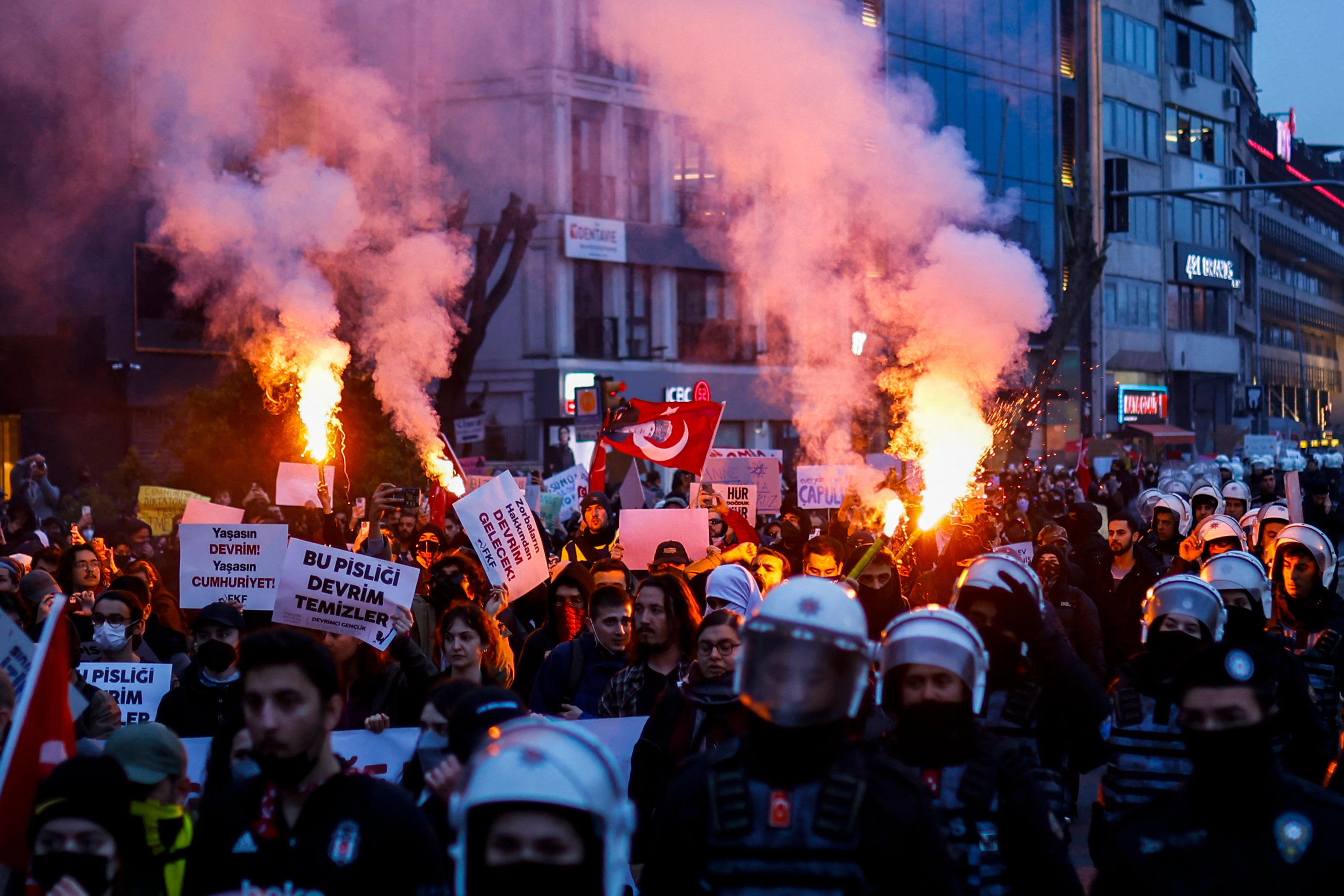Karachi and urban Sindh’s administrative autonomy is inevitable for a better Pakistan, Shahid Suleman

The growing demand for urban Sindh’s, particularly for Karachi’s, administrative autonomy is undoubtedly a topic that is becoming harder to ignore, even for the fiercest critics of the subject. The need to declare Karachi a self-governing unit stems from the universally acknowledged principle of the local population’s right to rule, manage and utilize its resources. Most Western democracies have thrived following this rule in the last hundred years. Unlike Pakistan, central and state parliaments in developed countries solely focus on legislation, whereas local governments govern health, education, infrastructure, and policing affairs. Such a system prevents corruption, empowers commoners, and breaks the hegemony of few over many.
Even those skeptical about Karachi’s demand for administrative autonomy agree that the city’s taxes run the country and Sindh province—Karachi’s share to the federal and provincial exchequer is around 65 and 95 percent, respectively. Karachi’s staggering tax contribution would not need highlighting here if both federal and provincial governments had not shown a level of negligence bordering criminality towards the cosmopolitan’s basic needs. The city’s education, once its hallmark, has massively deteriorated, and so have other social sectors such as health, public transport, and municipal services due to the lack of funding.
Sindh’s provincial assembly and government play the most crucial role keeping urban Sindh in perpetual suppression. The corrupt rural elite, also known as vaderas, has ruled the province by rigging the census figures and gerrymandering. It is on Sindh High Court’s record that Zulfiqar Ali Bhutto, a cunning Sindhi nationalist, ordered the then provincial interior secretary soon after becoming the prime minister to reduce urban Sindh’s population by one-half in the 1973 census figures. The same census also spiked the rural population by at least 50 percent, consequently handing the Sindhi-speaking rural elite a perpetual majority in the provincial legislature. Since then, the rural elite has brutally used its fake numerical superiority to keep the majority urban population politically, economically, and educationally marginalized. Almost every legislation by the Sindh assembly since the 1970s has targeted the urban populace.
Dr. Nadeem Nusrat, chairman of Voice Of Karachi, has been a vocal advocate for administrative autonomy for urban Sindh in Pakistan. He argues that the urban population has been systematically marginalized and neglected by the provincial government in Sindh, which is dominated by the racist Pakistan Peoples’ Party (PPP).
Dr. Nusrat has persistently pointed out with facts and figures the extent to which the urban population in Sindh has been victimized. The callousness shown by the racist ruling Sindhi-elite toward non-Sindhis is sickening. It is now hard to find non-Sindhis, particularly Mohajirs, in government jobs and public educational institutions. PPP-led government in Sindh has also miserably failed to address even the most fundamental problems faced by the people of urban Sindh. Given this situation, granting Karachi, along with other metropolitan areas of Sindh, an autonomous status seems to be a perfectly just and logical decision. Such a step would enable these cities to resolve their longstanding issues, such as poor infrastructure, inadequate healthcare, and lack of employment opportunities. More importantly, it would bring back a deeply alienated Mohajir populace into mainstream Pakistani politics. Karachi is Pakistan’s economic engine. Safeguarding this engine is inevitable for a stable, prosperous, and self-sufficient Pakistan.




/cloudfront-us-east-1.images.arcpublishing.com/gray/SZZTW67LMRAMPPCKBBQMSUTFRA.JPEG?#)



















































